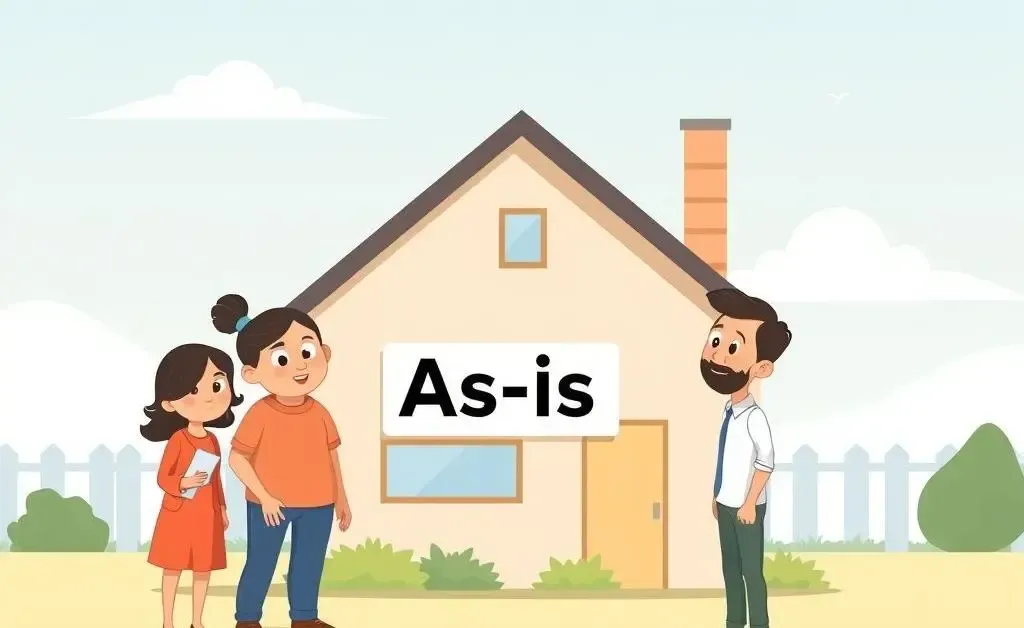Demystifying 'As-Is': What It Really Means in Real Estate
Uncover what 'as-is' really means when buying a home in less than 10 minutes.

Ever wondered what buying a home 'as-is' actually means? It might sound like a simple question, but the term 'as-is' carries a lot of weight in the real estate world, often leaving potential buyers scratching their heads. Let's break it down together: what 'as-is' means, and what you need to keep in mind if you're looking at properties touted with this label.
Understanding 'As-Is' in Real Estate
At its core, when a property is sold 'as-is,' the seller is simply indicating that the house is being sold in its current condition. This means they won't be making any repairs or improvements before the sale. For the buyer, it's important to acknowledge that the responsibility for any necessary repairs or renovations will lay squarely upon their shoulders post-purchase.
Why Do Sellers Choose 'As-Is'?
Sellers often opt for an 'as-is' sale to expedite the process. Perhaps they're in financial trouble, or maybe they're looking to offload an inherited property they have no interest in maintaining. Anecdotally, I heard about a couple who sold their fixer-upper 'as-is' because they had already moved out of state. The goal here is to avoid more expenditure before handing over the keys.
Benefits and Risks of Buying 'As-Is'
Considering an 'as-is' property can certainly have its perks for the savvy buyer, especially if you're handy or you're willing to invest in renovation.
- Often priced lower than market rate.
- Potential for increased home value post-renovation.
- Opportunity to customize and renovate to your liking.
That said, don't forget the associated risks:
- Unexpected repair costs could escalate quickly.
- Might uncover hidden issues only after purchase.
- Risk of underestimating renovation timeline and costs.
Tackling an 'As-Is' Purchase: The Smart Path
Here's a quick roadmap to navigate an 'as-is' purchase:
First, always get a home inspection. Even though the seller isn't obligated to make improvements, having a full understanding of the property's condition is crucial. Inspections can reveal everything from the slightly cheeky floorboard to larger, eye-popping structural issues. Next, bring in an experienced real estate agent who has handled 'as-is' sales in the past, and lean on their expertise.
Finally, develop a renovation plan that fits your budget and timeline. Consider potential costs carefully and be prepared for a few surprises along the way—real estate can be funny like that!
There's a real allure to buying a home this way, offering the possibility of creating something new from something old. But how ready are you to take on the challenge of an 'as-is' property? Let's hear your thoughts—what appeals to you about an 'as-is' opportunity?




